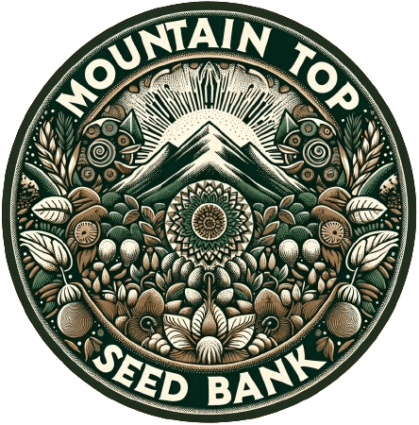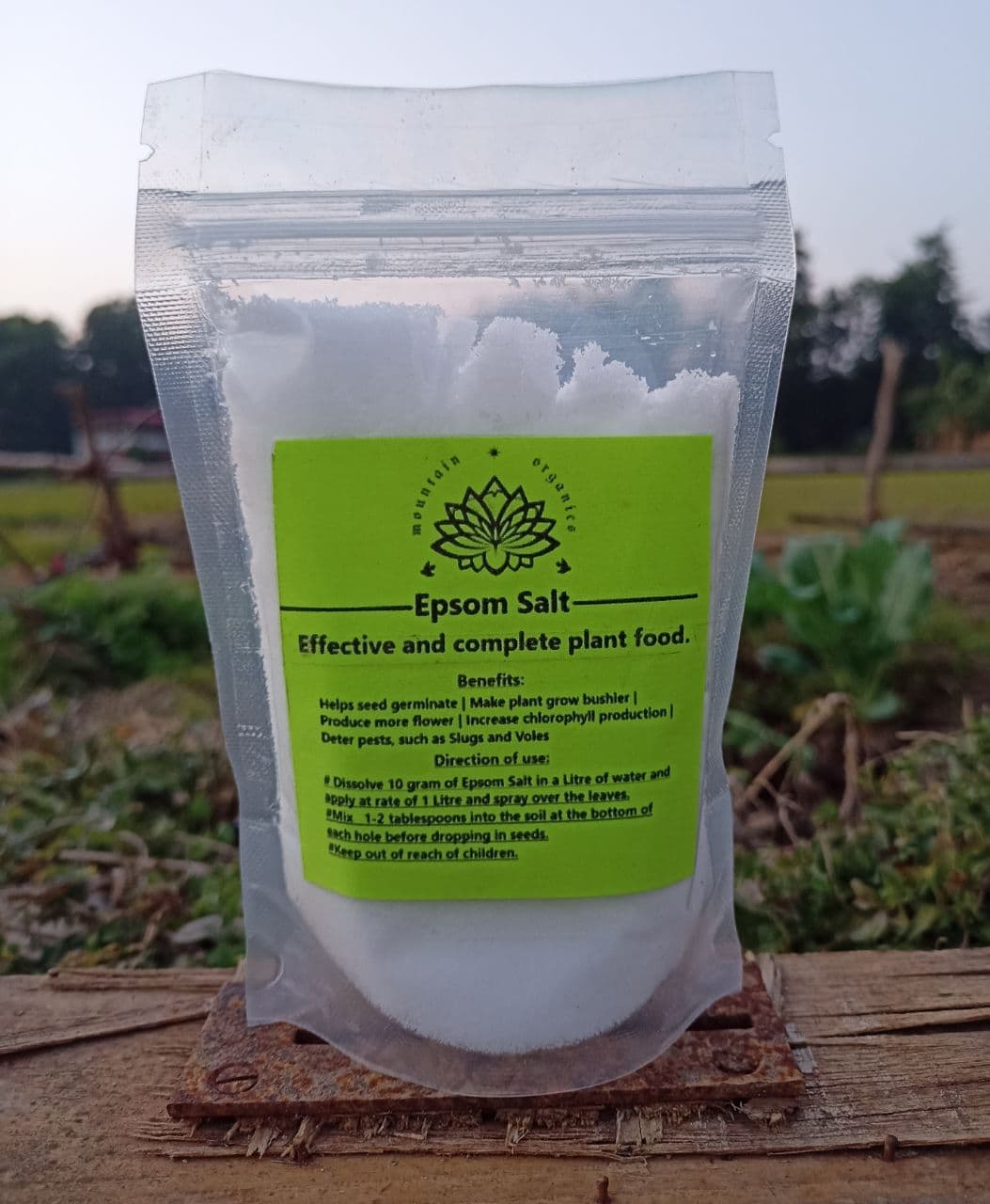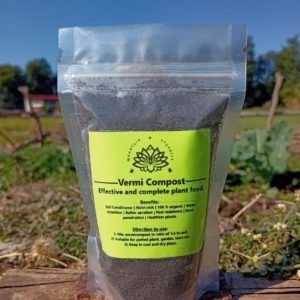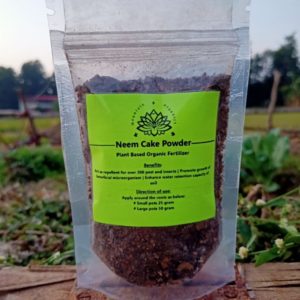Magnesium Sulfate – Key Nutrients for Plants
- It helps seeds germinate, makes plants grow bushier, and produces more flowers.
- Natural source of both sulfur and magnesium which are an essential plant nutrient. It corrects their deficiency in the soil.
- Increases chlorophyll production.
- Epsom salt is also PH neutral therefore its use does not change the soil PH.
- What’s great about Epsom salt is it’s natural, inexpensive, and environment friendly.
- Deters pests, such as slugs and voles.
- It also provides vital nutrients to supplement your regular fertilizer.
How to use Epson salt in your garden:
- Foliar Spray: Magnesium deficiency is easy spotted due to the yellowing of leaves. Epsom salt is often used as a foliar spray for certain magnesium hungry plants, like Potatoes, Peppers, Carrots, Tomatoes, cannabis/hemp and Roses. To make this kind of spray, which will provide your plants with a beneficial dose of magnesium, simply combine a tablespoon of Epsom salt with a 2 litre of water.
- To increase germination: Magnesium boosts germination of seeds by strengthening their cell walls and providing increased energy for growth. Sulfur is easily lost during the germination process, so apply a drench of one tablespoon of Epsom salts for every litre of water to the soil after seeding.
- To prevent root shock: Transplanted roots need tender care. To prevent root shock, which causes wilting and leaf discoloration, mix one tablespoon of Epsom salts for every one gallon of water and apply to the roots of newly re-potted plants until saturated.
- To deter pests: For general pest control, mix one cup of Epsom salts with five gallons of water and spray onto foliage. For slug and snail control, sprinkle dry Epsom salts in the garden around the base of plants.
Net weight: 200 gms





Reviews
There are no reviews yet.